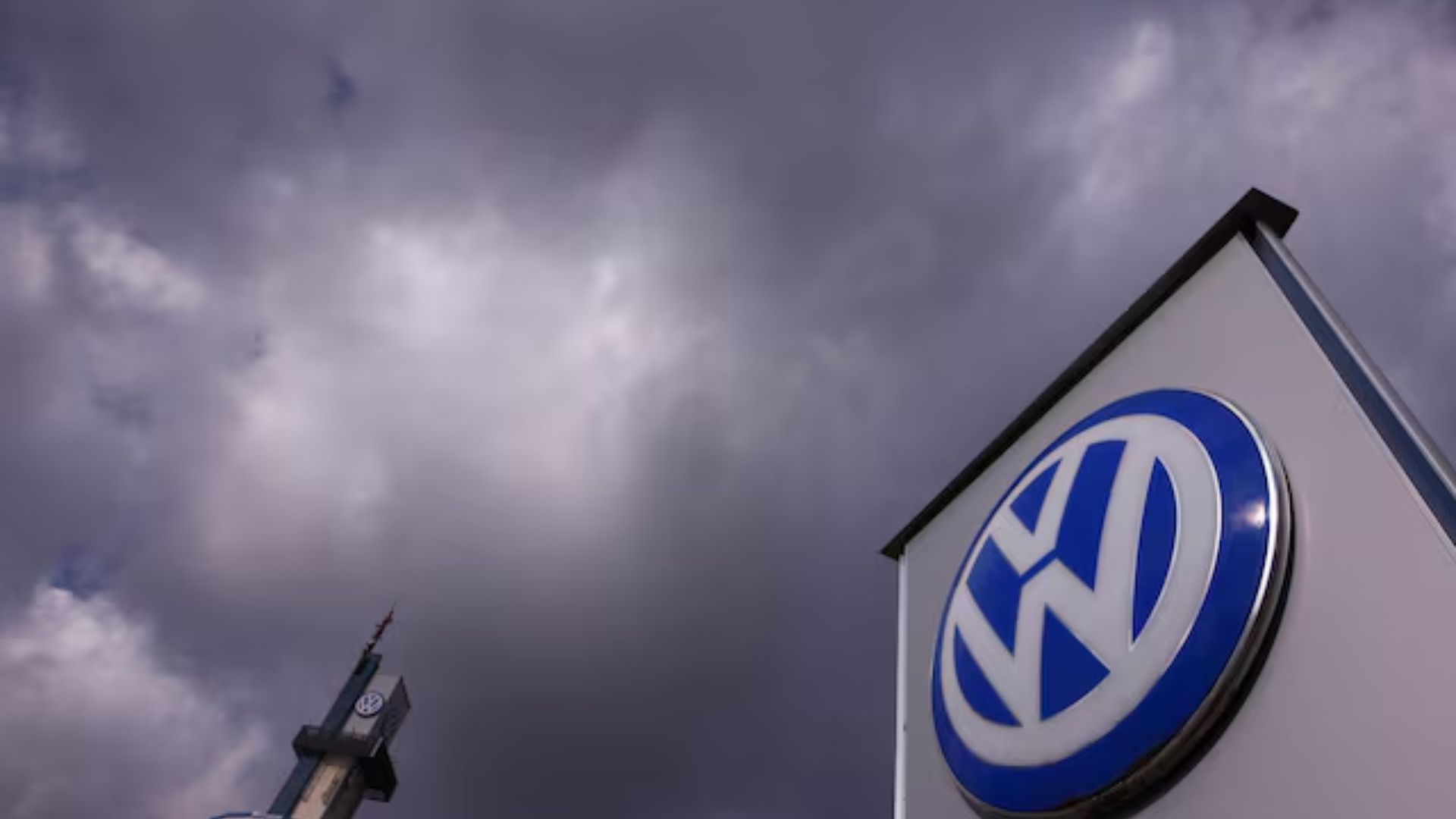(Reuters) – Groups representing U.S. auto dealers said on Friday they plan to challenge a decision by Volkswagen’s Scout Motors to sell directly to consumers, bypassing independent retailers.
The National Automobile Dealers Association said it and state associations “will challenge this and all attempts to sell direct in courthouses and statehouses across the country.”
Scout said on Thursday it would join electric vehicle manufacturers like Tesla in forgoing a traditional independent dealer network in favor of directly selling and servicing vehicles, and it pledged full transparency on price and a speedy sales process.
Scout did not immediately respond to a request for comment.
NADA CEO Mike Stanton said the decision by VW “to attempt to sell Scout vehicles direct to consumers and compete with its U.S. dealer partners is disappointing and misguided, and it will be challenged.”
Scout Motors CEO Scott Keogh told Reuters earlier this week that he expects the brand will have around three dozen U.S. retail centers when sales begin in 2027, eventually rising to 100. Other EV sellers like Rivian and Lucid have direct sales models as well.
“I think it’s critical moving into the future in unstable environments to control your customer, control your margin, control your operational excellence,” Keogh said, referring to the direct sales plan.
State laws bar automakers with independent dealer networks from selling directly to consumers. Tesla has sued Louisiana, challenging its ban on direct vehicle sales to consumers.
Scout plans to begin producing up to 200,000 EV trucks and SUVs annually starting in 2027 from its $2 billion South Carolina plant, which is under construction. The automaker disclosed on Thursday that it will offer extended-range variants that include a small gasoline engine.
Reporting by David Shepardson in Washington; Editing by Jonathan Oatis and Matthew Lewis











